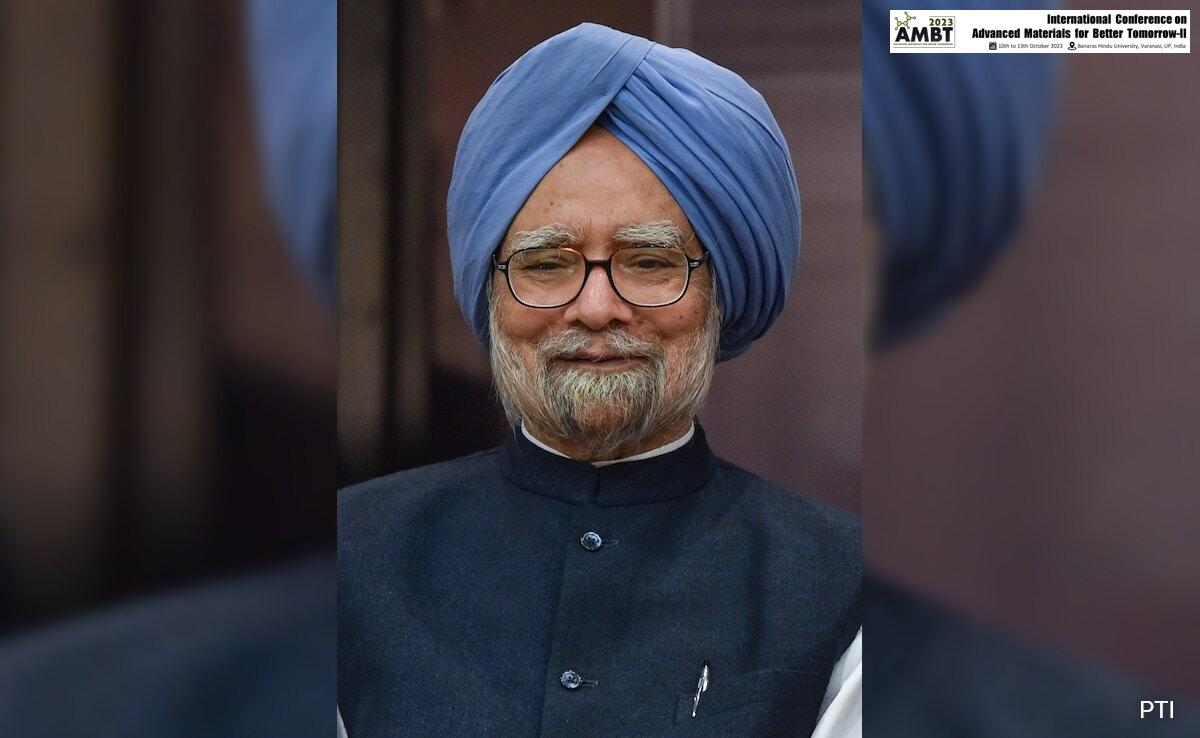India is in mourning as it remembers a remarkable leader, Manmohan Singh, who passed away at the age of 92. He is best known for his significant contributions to India’s economy and his humble yet impactful leadership style. His journey as India’s 14th Prime Minister was filled with challenges, reforms, and a deep commitment to his country. Singh’s story doesn’t just end with his passing; it’s a tale of resilience and transformation that shaped the nation.
A Heartfelt Legacy
Manmohan Singh’s death comes after a long life marked by profound contributions to India, particularly in the realm of economic reforms. He died due to age-related complications, leaving behind a legacy of progress and hope. His passing followed a period of declining health that had worried many of his supporters and admirers.
Despite his health struggles, Singh’s spirit for his country shone through even during critical moments. A touching story from his heart surgery in 2009 highlights this aspect of his character: after undergoing a complex procedure that lasted 10 to 11 hours, his first words were not about his condition but about the well-being of the nation and the sensitive state of Kashmir. This anecdote reflects his dedication and deep connection to India, a bond that resonated with many citizens.
Singh’s Journey to Leadership
Manmohan Singh’s rise to the position of prime minister was not something anyone expected. He became the Prime Minister on May 22, 2004, after a surprising victory by the Congress-led United Progressive Alliance (UPA) in the national elections. Singh, a renowned economist with no significant political backing, was chosen to lead the country when Sonia Gandhi, the Congress party’s leader, decided not to take the role herself, amidst concerns surrounding her Italian heritage and internal party politics.
His leadership was noted for implementing critical social programs such as the Right to Information (RTI), the Mahatma Gandhi National Rural Employment Guarantee Act (MNREGA), and the Right to Education (RTE). He faced both applause and criticism throughout his tenure, especially during the 2008 confidence vote over the Indo-US nuclear deal, which showcased the highs and lows of his leadership.
| Key Events | Date |
|---|---|
| Sworn in as Prime Minister | May 22, 2004 |
| Indian General Election | 2004 |
| Confidence Vote on Indo-US Nuclear Deal | 2008 |
| UPA Loses Power to BJP | 2014 |
Impact Beyond Borders
Singh’s story is intertwined with his roots in the village of Gah, now in Pakistan, where he was born. The tragic loss of his grandfather in that village had a profound impact on his decision not to return. Yet, his vision reached across borders, with many in Pakistan remembering him as a statesman who desired peace and harmony. Following his death, notable figures, including Pakistan’s former foreign minister, praised Singh’s legacy of connection between India and Pakistan.
National Mourning
In acknowledgment of his remarkable contributions, India announced a seven-day period of state mourning. The full honors at his last rites reflect the respect and love the nation held for him. Citizens from all walks of life came together to remember a leader who guided India through critical economic reforms and established a bridge towards a prosperous future.
Singh’s compassionate leadership and sound economic principles left an indelible mark on India’s identity, and his passing serves as a reminder of the values he championed throughout his life. As India reflects on his impactful legacy, many hope that his dreams for a united and thriving nation continue to inspire future generations.

